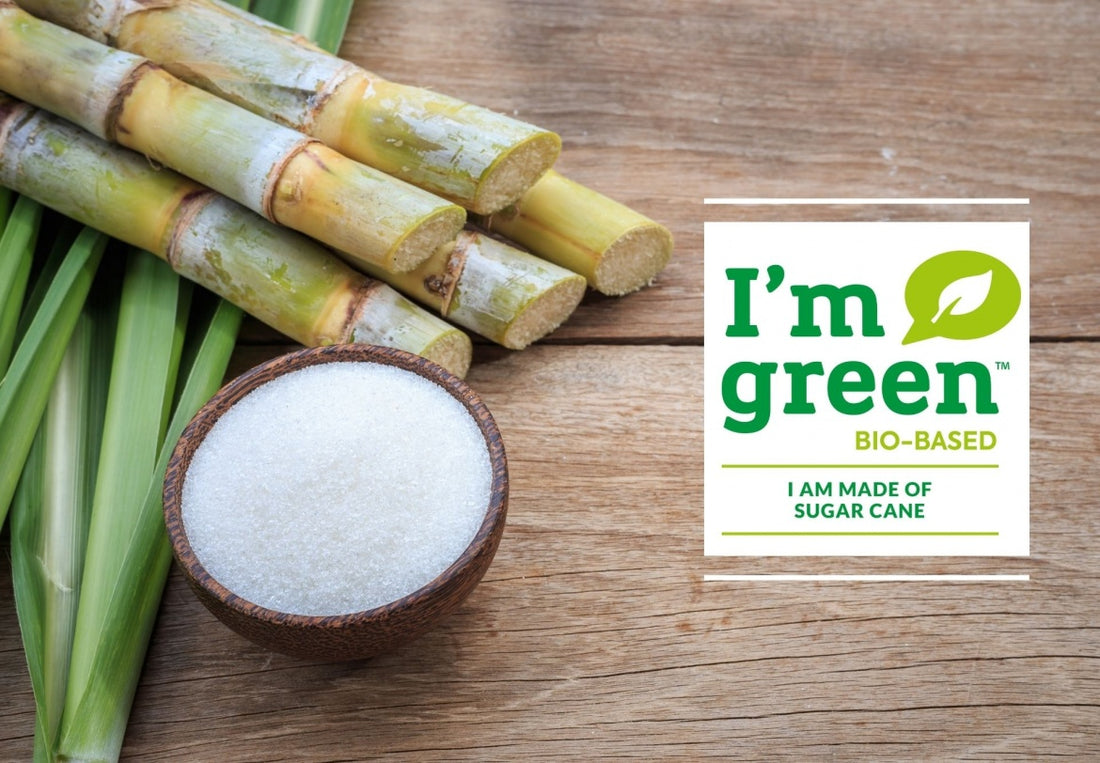Bio-based plastic identifies a family of materials that are bio-based or biodegradable, or that have both of these properties.
In the field of blow molding / blow molding technology, the bio-based plastics available are for example bio-PE, bio-PP and bio-PET; we mean bio plastics because they are of biological origin such as corn and sugar cane and therefore from renewable sources. The main differences between traditional plastics (defined as fossil-based or non-bio-based) and bio-based ones:
In the field of blow molding / blow molding technology, the bio-based plastics available are for example bio-PE, bio-PP and bio-PET; we mean bio plastics because they are of biological origin such as corn and sugar cane and therefore from renewable sources. The main differences between traditional plastics (defined as fossil-based or non-bio-based) and bio-based ones:
- The origin of traditional plastics is essentially fossil and therefore non-renewable; moreover, the production process of traditional plastics has a strong impact
on the environment - Bio-based plastics are of vegetable origin and therefore renewable according to the collection cycles; moreover, the production process has less impact from the point of view of the CO2 introduced
in the atmosphere also because it is reabsorbed during the life cycle by the renewable sources themselves
Green PE
Green PE it is a raw material obtained from sugar cane, a renewable source, which has the same advantages as traditional polyethylene with a 100% reduction in the consumption of fossil resources. During its production it captures and sequesters CO2 from the atmosphere, helping to reduce greenhouse gas emissions. Can be used as an alternative feedstock to traditional HDPE at 100% or less, but at least 51% utilization is required to receive material supplier approval to use the logo “I'm green”. It is recyclable in accordance with the UNI EN ISO 13432 standard.
It is not biodegradable on the basis of what is reported in the Directive (EU) 852/2008, which refers to the UNI EN 13432:2002 Standard for knowledge of the tests foreseen and to be passed.
It is not biodegradable on the basis of what is reported in the Directive (EU) 852/2008, which refers to the UNI EN 13432:2002 Standard for knowledge of the tests foreseen and to be passed.


